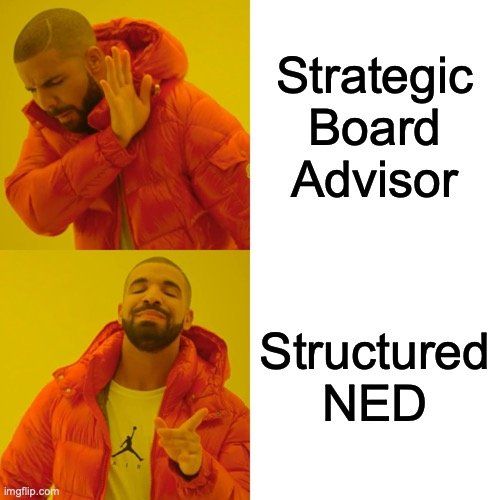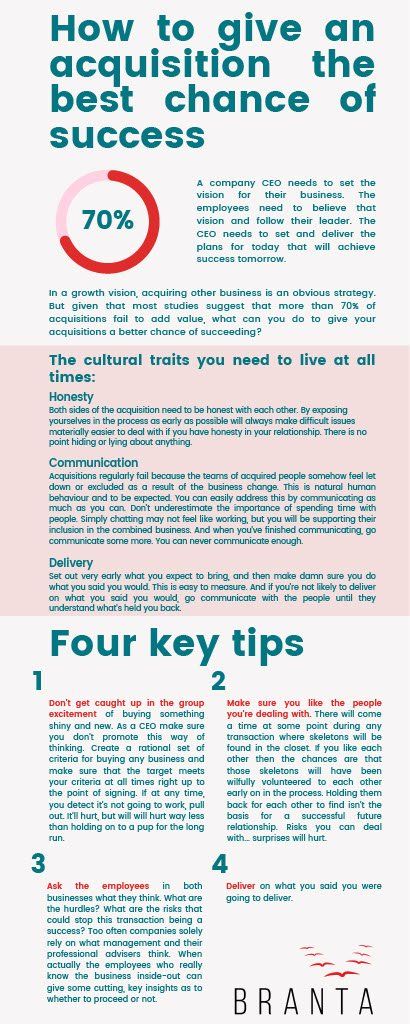Leadership
led in the right way, teams of people can do amazing things together
Leaders in business have two jobs: (1) run the company; and (2) lead the people. Leadership needs to exist at all levels of your company and it needs to be personal. But understanding what a business requires from its leaders is really hard to know.
Led in the right way, teams of people can do amazing things together. But as a leader, you only see the behaviours in your people that comes directly from your coaching and management.
What is it that you need to know about yourself and your business so that we can help you understand and perfect your leadership style?
which Leadership challenges are you facing?
performance
You think you give your team everything they need to succeed, yet their performance isn't hitting your expectations.
Hiring
Poor hiring is probably the most insidious cost in your business. Left unchecked, it will be the end of you.
Behaviour
Despite being very clear, your employees don't behave in the way that you hope or instruct. What are you doing wrong?
HR
Does HR feel like an unnecessary blocker? How do you use it to your advantage, rather than it being a cost?
engagement
An engaged team will be massively productive. They will strive for your company and its leaders. How do you light that spark underneath them?
How can we help?
insights



client success stories
List of services
-
Allum & Sidaway Write a description for this list item and include information that will interest site visitors. For example, you may want to describe a team member's experience, what makes a product special, or a unique service that you offer.
-
Panthera Write a description for this list item and include information that will interest site visitors. For example, you may want to describe a team member's experience, what makes a product special, or a unique service that you offer.
-
Peter Green Write a description for this list item and include information that will interest site visitors. For example, you may want to describe a team member's experience, what makes a product special, or a unique service that you offer.
-
Project Byron Write a description for this list item and include information that will interest site visitors. For example, you may want to describe a team member's experience, what makes a product special or a unique service that you offer.
List Item 3
Who will you be working with?
-
PJ Stevens Write a description for this list item and include information that will interest site visitors. For example, you may want to describe a team member's experience, what makes a product special, or a unique service that you offer.
-
Chris Ray Write a description for this list item and include information that will interest site visitors. For example, you may want to describe a team member's experience, what makes a product special or a unique service that you offer.
List Item 2
Let's talk
We're excited to work with ambitious leaders who want to continue taking positive steps in their businesses to constantly move things forward. If this is you, let's talk.
free consultation
Want to chat it through first? Get some time to talk in our diary here
web chat
Prefer to type?
No problem!
Use the web chat on all our pages whenever we're available.
Branta's Other consulting services
List of services
-
Sales Write a description for this list item and include information that will interest site visitors. For example, you may want to describe a team member's experience, what makes a product special or a unique service that you offer.
List Item 1 -
Debtor Management Write a description for this list item and include information that will interest site visitors. For example, you may want to describe a team member's experience, what makes a product special, or a unique service that you offer.
-
Financial Systems Write a description for this list item and include information that will interest site visitors. For example, you may want to describe a team member's experience, what makes a product special or a unique service that you offer.
List Item 3 -
Buying or Selling a Business Write a description for this list item and include information that will interest site visitors. For example, you may want to describe a team member's experience, what makes a product special or a unique service that you offer.
List Item 4 -
Raising Capital Write a description for this list item and include information that will interest site visitors. For example, you may want to describe a team member's experience, what makes a product special, or a unique service that you offer.
-
Turnaround Write a description for this list item and include information that will interest site visitors. For example, you may want to describe a team member's experience, what makes a product special, or a unique service that you offer.








